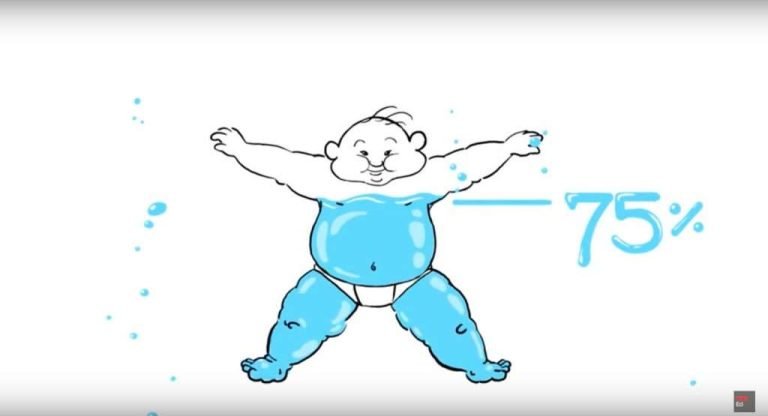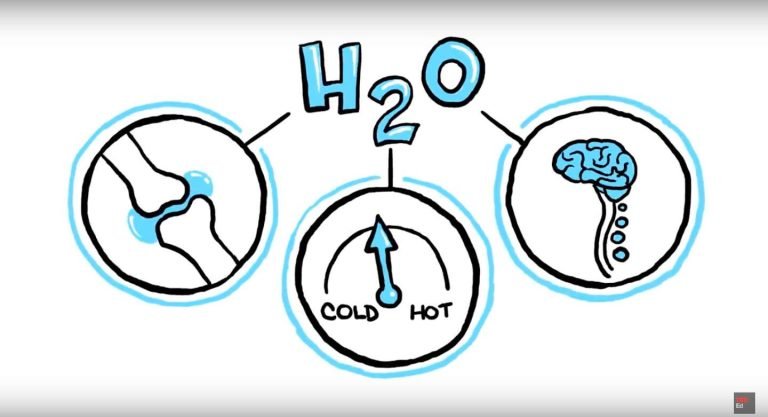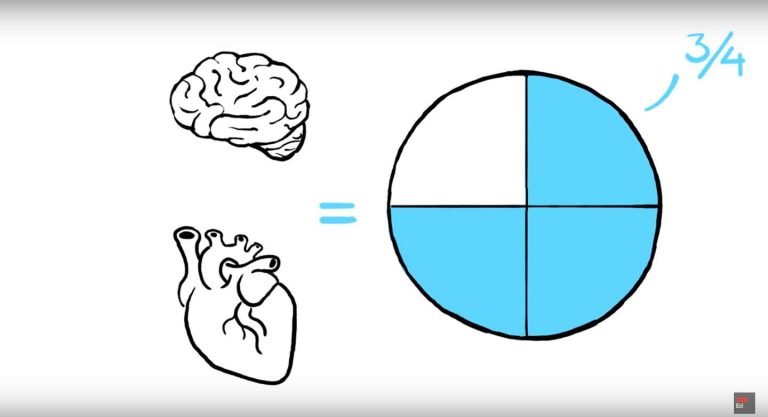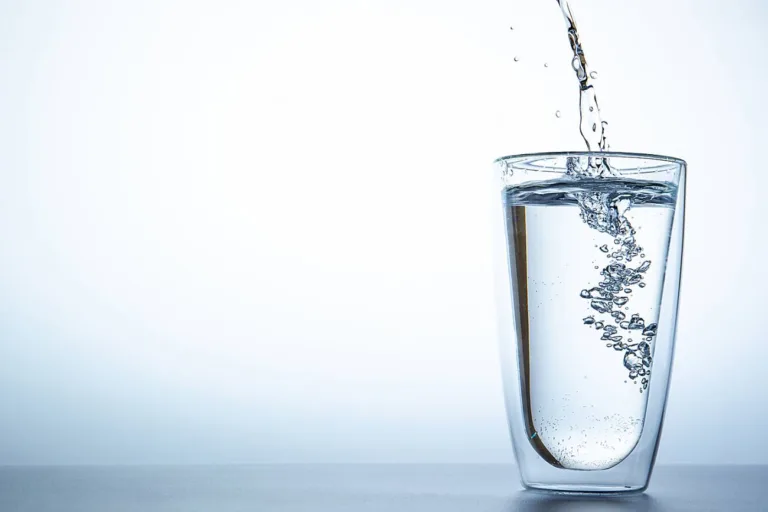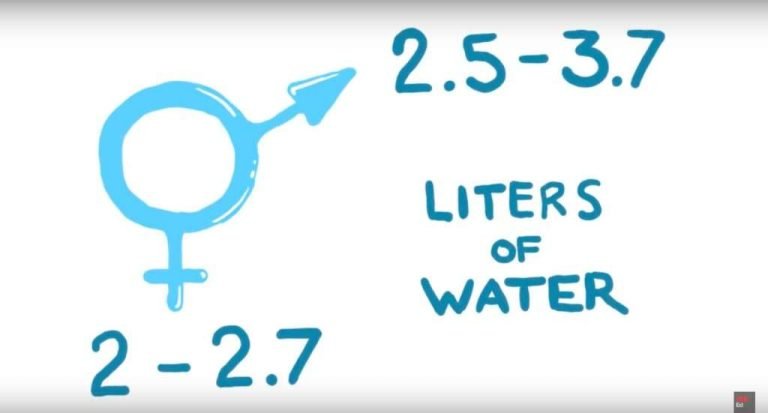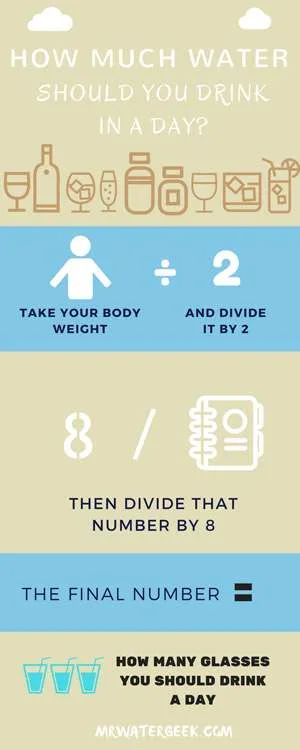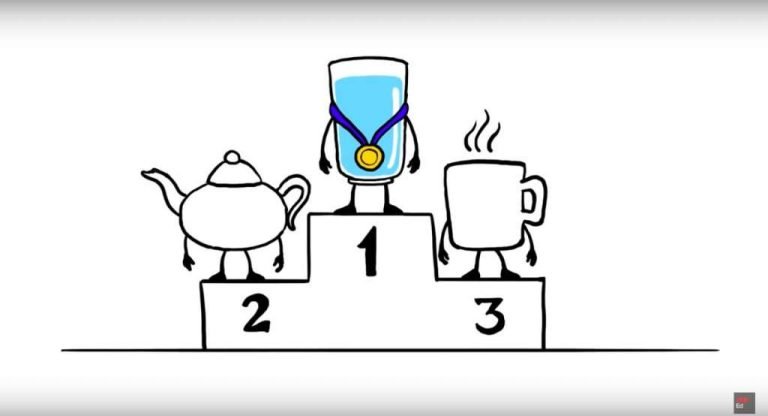- Home
- Health
- Water Softener Guide
- Water Treatment
Private Sewers & Septic Systems
- About Private Sewers Sysytem And Septic Systems
- Lateral Root Notification Program
- Fats, Oil & Grease
- Spills & Black Water Valves
- Help Protect The Enviroment
- Septic Systems
- About
Understanding the Implications of Over-Consuming Water
Water. It’s everywhere. From the majestic glaciers to the moisture beneath our feet, and most importantly, coursing through our veins.
Our Composition: A Watery Blueprint
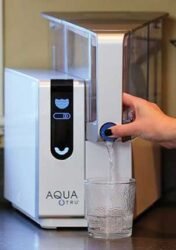 Remarkably, the human body is predominantly water. Depending on certain variables – think geographical location, body fat percentage, age, and gender – an average person is composed of 55% to 60% water. Dive deeper into the beginning of human life, and this percentage rises. Babies, fresh into the world, are about 75% water. This high water composition bears a resemblance to some aquatic life, which slowly diminishes to 65% by the time they celebrate their first year of life.
Remarkably, the human body is predominantly water. Depending on certain variables – think geographical location, body fat percentage, age, and gender – an average person is composed of 55% to 60% water. Dive deeper into the beginning of human life, and this percentage rises. Babies, fresh into the world, are about 75% water. This high water composition bears a resemblance to some aquatic life, which slowly diminishes to 65% by the time they celebrate their first year of life.
Why Water is Non-Negotiable for Our Bodies
So, if water is all around us and even within us, why the need to consume it in such specific amounts? Well, water serves as more than just a thirst-quencher. It acts as a cushion for our joints, a thermostat for body temperature regulation, and crucially, nourishes our brain and spinal cord. If our organs were fruits, our brain and heart would be bananas, composed of almost 75% water, while our lungs mirror the water composition of apples, at around 83%. Even the bones, which you might assume are parched, maintain a 31% water composition.
The Fine Line of Hydration
However, like most things in life, moderation is key. Maintaining a balance between dehydration and overhydration can mean the difference between optimal health and severe health repercussions.
When your body edges towards dehydration, your brain’s built-in alarm system, the hypothalamus, jumps into action. It signals the release of the antidiuretic hormone, which when reaching the kidneys, prompts the retention of water, resulting in darker urine. On the contrary, overhydration suppresses this hormone’s release, potentially leading to hyponatremia – a potentially lethal condition where an excess of water dilutes the body’s sodium levels.
Too Much of a Good Thing?
Hyponatremia, while sounding complex, essentially represents a condition where you’ve consumed an excess of water. Athletes, particularly those participating in endurance sports, often inadvertently become victims of this condition due to the challenge of regulating water levels during strenuous activities.
The risks of overhydration shouldn’t be underestimated. As sodium levels dip from excessive water consumption, cells begin to swell. In grave instances, especially if the kidneys can’t cope with the deluge of water, symptoms ranging from headaches and vomiting to seizures can manifest.
Mapping Out Your Hydration Needs
The age-old adage recommends eight glasses of water daily. Modern insights, however, indicate this figure isn’t a one-size-fits-all solution. The actual amount hinges on your weight and the climate you live in. Typically, men might need between 2.52 to 3.7 liters, while women might require around 2.2 to 2.7 liters. It’s also enlightening to note that hydration isn’t solely from the glasses of water you consume. Fluids from other beverages and moisture-rich foods, such as strawberries, cucumbers, and broccoli, significantly contribute to your daily intake.
Infographic: How Much Water Should I Drink
Optimizing Your Water Intake: Practical Tips
Set Clear Goals:
Begin by gauging your current water intake. Transition from vague goals to precise ones.
Invest in a Trusty Water Bottle:
A study-backed tip – having water within arm's reach boosts consumption.
Fuse with Daily Activities:
Incorporate water intake within daily habits. For instance, a glass post your morning routine
Straw Strategy:
As unconventional as it might sound, using a straw can amplify your water intake.
Make It a Team Effort:
Keep tabs with friends or family. Introduce friendly wagers for motivation.
Incorporate Water-Rich Foods:
Relish foods teeming with water content. Apples, cucumbers, and grapefruits can be your go-to.
Spice It Up:
Spice-laden foods will undoubtedly make you reach out for a glass of water. As a bonus, they can boost metabolism.
Jazz It Up with Different Liquids:
While water is quintessential, remember beverages like tea and coffee can also add to your hydration. Steer clear from considering alcohol as a hydrator, though.
In essence, water is paramount. But, like many things, it’s all about striking the right balance. With the abundant sources of potable water available to most, it’s crucial to make each sip matter, ensuring both health and vitality.
Scientific References
- “Hyponatremia (“Water Intoxication”)”. The DEA.org. Retrieved November 09, 2016.
- Coco Ballantyne. “Strange but True: Drinking Too Much Water Can Kill”. Retrieved 22 December 2016.
- Farrell DJ, Bower L (Oct 2003). “Fatal water intoxication”. Journal of Clinical Pathology. 56 (10): 803–804
- Almond CS, Shin AY, Fortescue EB, et al. (April 2005). “Hyponatremia among runners in the Boston Marathon”. The New England Journal of Medicine. 352 (15): 1550–6.
- Moreau, David (2008). Fluids & Electrolytes Made Incredibly Easy! (4th ed.). Philadelphia: Lippincott Williams & Wilkins. pp. 75–77. ISBN 978-1582555652.




